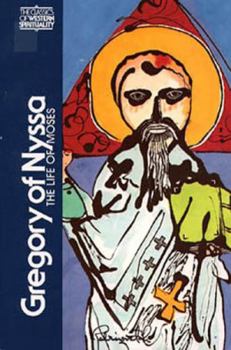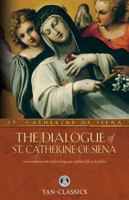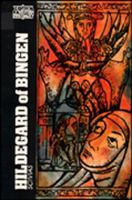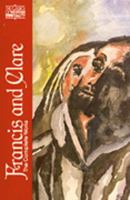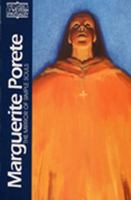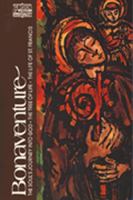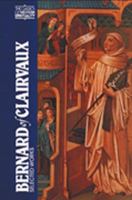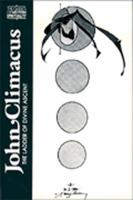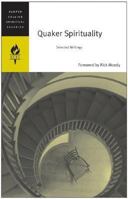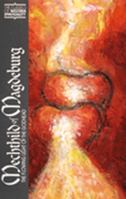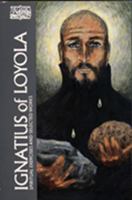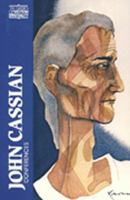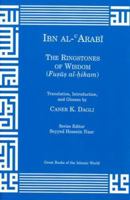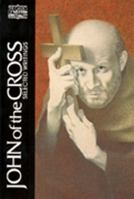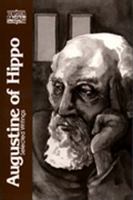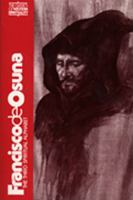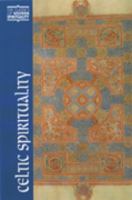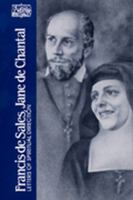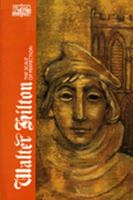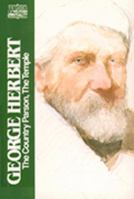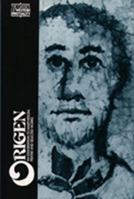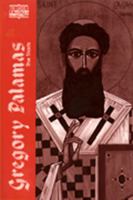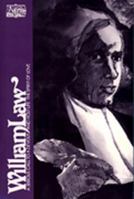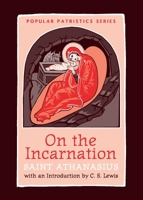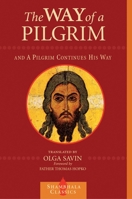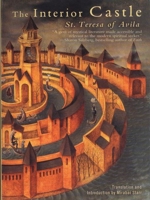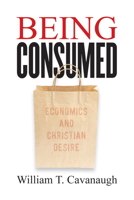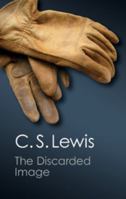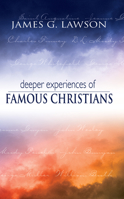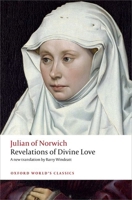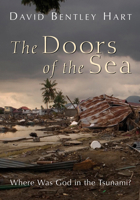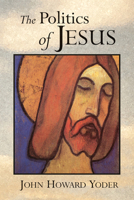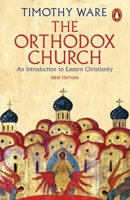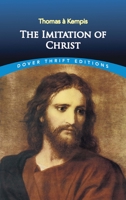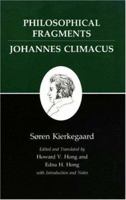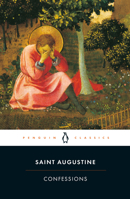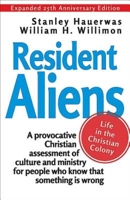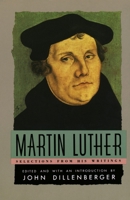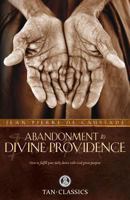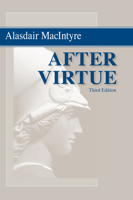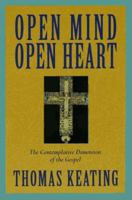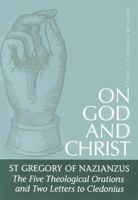The Life of Moses
(Part of the The Classics of Western Spirituality Series)
Select Format
Select Condition 
Book Overview
You Might Also Enjoy
Customer Reviews
Rated 5 starsA classic introduction to early church hermeneutics
This is a fine book on so many levels, as other reviewers have pointed out. So I will focus on one relatively narrow aspect of the book, and that's the nature of hermeneutics used by St. Gregory. In our time, almost all biblical interpreters use a sometimes painfully literal approach to the texts. This was often not the approach used by the New Testament writers in their Old Testament citations, and that alone leads to...
0Report
Rated 5 starsSeminal Christian thinker
Gregory of Nyssa, one of the three great 'Cappadocians', is well represented in this mystical biography of the prophet Moses. Gregory of Nyssa is a towering intellectual figure in the Christian tradition. He is revered as one of the main Church Fathers, especially in Eastern Christianity, however he is somewhat below Augustine in the West, although much recent Catholic scholarship is recovering the theological and philosophical...
1Report
Rated 5 starsInteresting commentary on the life of Moses and more!
St. Gregory of Nyssa is regarded as one of the most prominent of the Greek Cappodocian fathers, the brother of St. Basil the Great, and friend of Gregory of Nazianzen. St. Gregory lets us know all about Moses. He mentions some things that really happened which were previously obscure now become brilliantly recognizable, and also tells us what every step along the Way meant for both Moses, Israel, and for us as Orthodox Christians...
1Report
Rated 5 starsWonderful reading!
A most wonderful book. St. Gregory of Nyssa is one the best known Saints of the Holy Orthodox Church, and his "Life of Moses" is a must for all Orthodox Christians. The cover of the book is handicapped by a hideous picture, but the contents far overshadow the horrible cover, which is unfortunately standard for all publishings in this series. A great and Spiritually beneficial work at a good and affordable price.
1Report
Rated 5 starsPowerful
First, You need to know I grew up Jewish, converted to the Episcopal Church, and became an Episcopalian Benedictine Monk.I read this while a monk. I felt one should read this kneeling.Using classical anagogical writing, Gregory writes not about Moses, but about Prayer, how God makes him/herself known to us, particularly in Sacraments, but also in the quiet prayer (hesychasm) practised by Eastern Orthodox and many Western...
1Report










